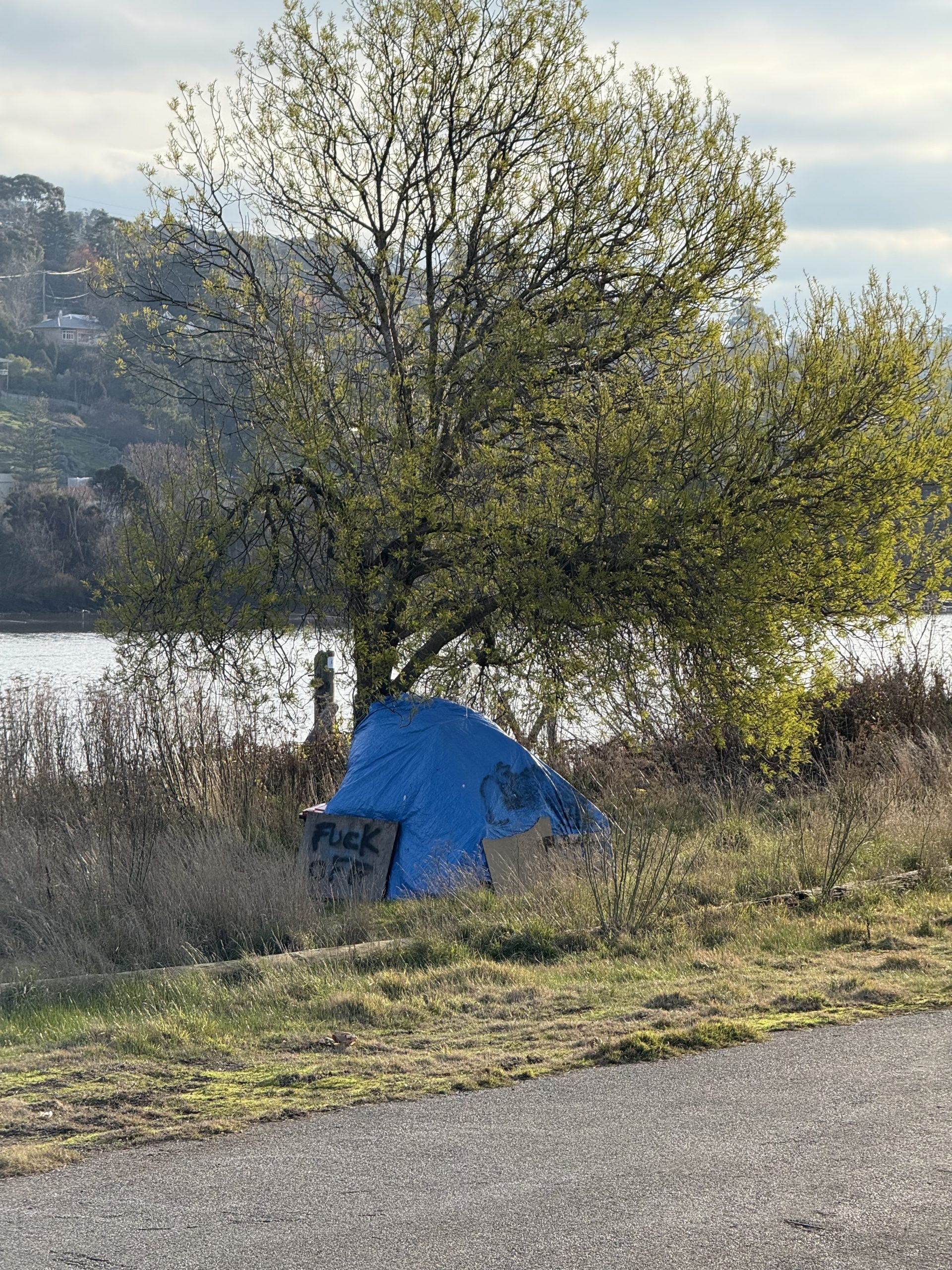
What would it take to more clearly report on progress being made to address socio-economic disadvantage in Tasmania?
paul mallett proposes an annual “State of Tasmania Report Card” (written in plain English with an accompanying website) that maps progress toward the top seven social, health, environmental and economic goals of our community. The final design and make up of this list would be co-designed with community based on evidence, however paul proposes:
Po: Could Tasmania become the “State of Seven Zeros”:
- zero unemployment
- zero poverty
- zero homelessness and housing stress
- zero avoidable hospital admissions (potentially preventable hospital admissions)
- zero suicides
- zero road toll
- zero net carbon emissions
paul recognises the inherent difficulty in achieving the outcomes promoted above in the context of the way our economic and political systems are currently geared. Nevertheless, paul wants our plan for investment in Tasmania’s people to be bold and ambitious. The endeavour of government and the community would be to resource and deliver on policies, programs, services and supports that “bend the arc” toward zero for each of these common goods.
paul anticipates “criticism” of the “seven zero plan” for Tasmania. In response, paul points to counter-arguments put by Nobel Peace Prize laureate, Muhammad Yunus in his book, “A World of Three Zeros” (and paul is paraphrasing):
- what are considered “normal” and “acceptable” rates of disadvantage and suffering today is shaped by flawed economic systems (leading to market failures), and not by the actual limits of human potential or innovation;
- what people refer to as unachievable or utopian now is often just something that has not been tried yet (or resourced adequately, or scaled appropriately, or genuinely tested at an election);
- instead of accepting “market failures” in the capitalist system as inevitable, why can’t we “reimagine the rules of economics” so they serve people, place and planet, not just profit.
paul also asks critics to pause and show deep empathy, positioning themselves beside a friend or neighbour or loved one who has lost a family member to suicide, or a road accident, or an avoidable delay in surgery. paul invites the question,”as a community and across the three tiers of government could we have done more of the right things to avoid this”?
On balance the State of Tasmania Report Card would also positively frame the desired outcomes for our community. For example:
- 100% of young people attain a Year 12 or equivalent vocational qualification by the age of 20
- 100% of citizens participate and contribute to the economy
- 100% of citizens live above the poverty line, are receiving all entitlement, and have financial security
- 100% of citizens are in suitable and stable housing, and spending less than 30% of income on housing
- 100% of population report good or very good physical and mental health, and act to protect and promote health
- 100% of children are developmentally on track at school entry, and remain so throughout their school career
- 100% of citizens are safe, and engage and live in inclusive communities
- 100% of citizens have access to sustainable built and natural environments
paul’s community work over 25 years suggests that in high functioning systems,”what is assessed is addressed”. Therefore, paul believes, with strategic investment in the “right things” and clear public reporting of progress being made on key indicators of the social, health, environmental and economic outcomes of our community we will improve lives. paul believes we must invest in what works, while being innovative and finding new ways to tackle long standing issues.
paul understands that the last major State of Public Health report released in Tasmania was 2018.





